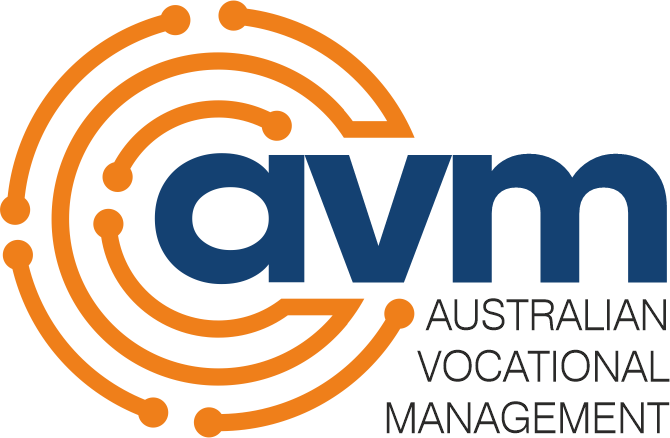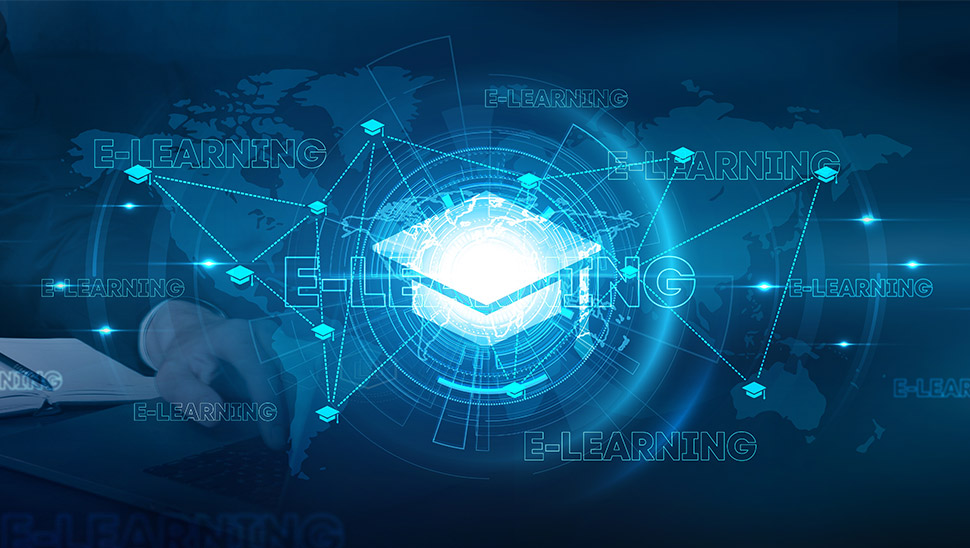Article
Education & Technology

The use of technology in education institutions has revolutionized the way they operate, making administration, teaching, and learning more efficient and streamlined. By integrating advanced digital tools and systems, institutions can improve productivity, reduce operational costs, and enhance the overall educational experience for students and staff.
One of the primary benefits of technology in educational institutions is automated administrative processes. Systems like learning management platforms (LMS), student information systems (SIS), and cloud-based communication tools help automate routine tasks such as attendance tracking, grading, fee management, and scheduling. This frees up valuable time for administrators and educators to focus on more strategic areas of their work, while ensuring that administrative processes run smoothly and accurately.
Another significant impact is on enhancing teaching and learning. With the rise of digital classrooms, educators can now use smartboards, virtual classrooms, and e-learning platforms to deliver content in engaging, interactive ways. These tools allow for real-time collaboration, remote access, and personalized learning experiences. Educational software and apps enable teachers to customize lesson plans, monitor student progress, and provide instant feedback, improving both student engagement and performance.
Data analytics is another powerful tool, enabling institutions to track and analyze student performance data, attendance, and behavior patterns. With this insight, institutions can make informed decisions about student needs, resource allocation, and curriculum adjustments, ultimately improving educational outcomes.
Finally, technology enhances communication and collaboration. Platforms like email, chat systems, and video conferencing tools facilitate seamless communication between staff, students, and parents. These systems help streamline information sharing, reduce response times, and keep all stakeholders informed and connected.
Technology has become indispensable in running education institutions more efficiently. By automating tasks, enhancing teaching, leveraging data, and improving communication, educational institutions can offer better services, increase productivity, and ensure that both educators and students thrive in a more modern, connected environment.


















